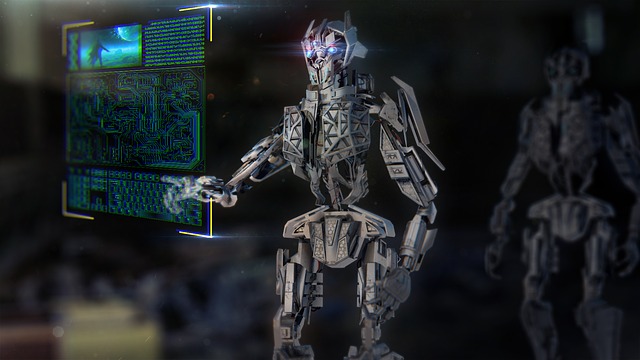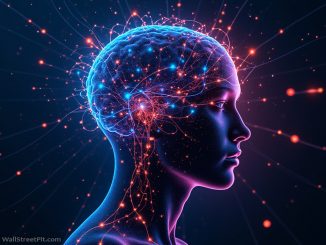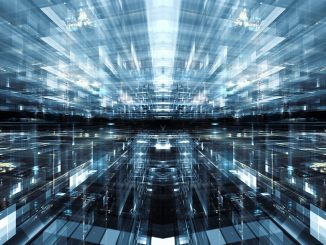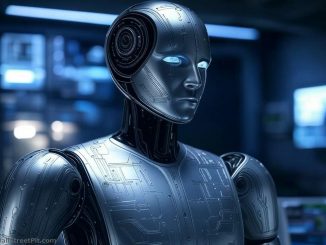
After outlining the impact of artificial intelligence (AI) and automation on jobs, work processes and tasks, a recent report from British accounting firm PricewaterhouseCoopers (PwC) predicted that the most affected employment segment by automation over the next 5 to 8 years will be administrative and white collar office jobs.
Yet a new study has shown that AI can already work faster than lawyers on certain non-core legal tasks such as reviewing legal contracts. In the study, the Tel Aviv-based AI startup LawGeex put 20 top corporate lawyers – who had decades of experience in reviewing non-disclosure agreements (NDAs) and whose contract expertise was gained through work for a range of top notch companies including Goldman Sachs (NYSE:GS), Cisco (NASDAQ:CSCO), and global law firms Alston & Bird and K&L Gates – up against a 3-year-old algorithm trained at accurately reviewing and identifying risks in everyday business contracts.
During the challenge, the participants were given four hours to spot and highlight 30 proposed legal issues in five standard NDAs, including arbitration, confidentiality of relationship, and indemnification. Both the lawyers and the LawGeex AI were overseen by attorneys from Duke University, Stanford University, Bar Ilan University and University of Southern California and scored by how accurately they identified each issue in the above-mentioned contracts which contained 11 pages, 153 paragraphs of technical legal language (“legalese”), and more than 3,000 clauses.
“It is not enough to merely skim the agreements,” LawGeex Head of Data Gil Rosenblum said (via Geek.com) in a statement. “A deeper analysis is required.”
Unfortunately for us humans, the AI predicted the outcomes with 94 percent accuracy, compared to 85 percent for the lawyers, on average. Additionally, the AI had a 100 percent accuracy rate for one document where the best result from a human was just 96 percent.
What’s more, the challenge took the LawGeex AI only 26 seconds to complete, while the human lawyers took more than an hour and a half on average.
Obviously, the study’s results raise serious concerns about the job security of lawyers and the idea that automation is “blind to the color of your collar”. But rather than seeing the findings in a negative light, Erika Buell, clinical professor at Duke University School of Law, tells Mashable that automation isn’t synonymous with job losses. In fact, the academic thinks AI could end up being a lawyer’s best friend.
“Having the AI do a first review of an NDA, much like having a paralegal issue spot, would free up valuable time for lawyers to focus on client counseling and other higher-value work,” Buell told Mashable.
Earlier this year, two AI programs created by Chinese e-commerce giant Alibaba (NYSE:BABA) and Microsoft (NASDAQ:MSFT) beat humans in a global reading test conducted by Stanford University. Alibaba’s deep neural network model scored 82.44 on the test for Exact Match (providing exact answers to questions), narrowly beating the 82.304 scored by the human participants. A day later, Microsoft’s AI software also beat the human score, with a result of 82.650.
Like the AI used in LawGeex’s test, M’soft insists that the latest advances in robotics, machine learning, and perception powering systems will only reach their full potential when used in harmony with humans.
Reference: Mashable
- Bulenox: Get 45% to 91% OFF ... Use Discount Code: UNO
- Risk Our Money Not Yours | Get 50% to 90% OFF ... Use Discount Code: MMBVBKSM
Disclaimer: This page contains affiliate links. If you choose to make a purchase after clicking a link, we may receive a commission at no additional cost to you. Thank you for your support!




Leave a Reply